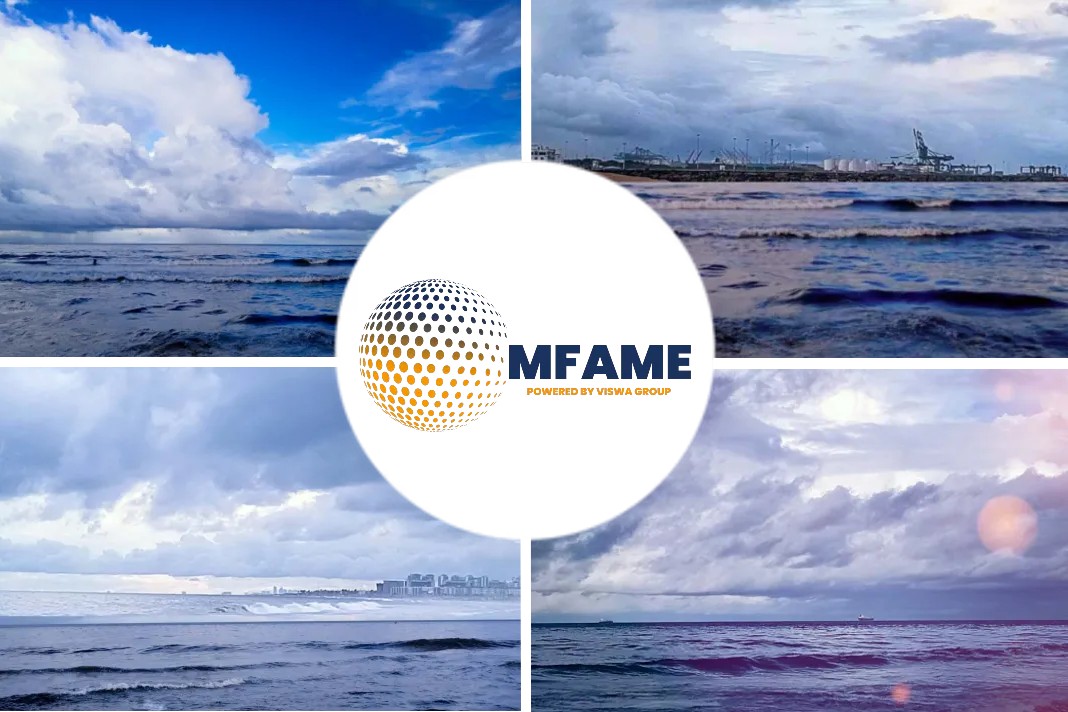- DNV GL’s first new type approval awarded for LTO Maritime Lithium Batteries.
- Technology Keeps Moving Forward with an Eye on Safety.
- Echandia conducted a series of tests to demonstrate compliance to gain approval.
- LTO battery chemistry is said to be so robust.
DNV-GL awards its first Type Approval Certificate for a lithium titanium oxide (LTO) battery system, reports Handy Shipping Guide.
Lithium battery
The future of successfully powering every transport mode, from lorries to ocean going ships and potentially even aircraft, will likely depend heavily on the improvements being made in lithium battery construction.
The news comes this week that DNV-GL has awarded its first Type Approval Certificate for a lithium titanium oxide (LTO) battery system.
Lithium and air incidents
A layman casually refers to lithium batteries. But, there are numerous types, incorporating diverse materials such as cobalt, nickel, manganese and titanium, each offering different qualities, faster charging, less flammability, longer duration etc.
It was problems with its overheating lithium-ion batteries fitted to the 787 Dreamliners which caused Boeing such problems in 2013 and have also caused some serious other air incidents.
Best heavy-duty cell
DNV-GL is touted as the world’s leading classification society for maritime battery systems. The Swedish company Echandia received approval for its E-LTO energy storage system (ESS).
The company says is a smart, highly scalable air-cooled modular design system based on Toshiba LTO cells. These it concludes are widely considered the best heavy-duty cell chemistry on the market.
Tests for compliance
To gain approval Echandia conducted a series of tests to demonstrate compliance, including
- thermal runaway propagation,
- internal/external short circuit,
- forced discharge,
- EMC,
- environmental tests,
- software functional tests and
- battery system performance tests.
Safest maritime chemistry
- It says LTO battery chemistry represents the safest maritime chemistry on the market.
- It is more resilient to external heat and other abuse, preventing thermal runaways.
- It does not form dendrite like other lithium-ion chemistries (a build-up of dendrite can cause a short circuit and decrease battery safety over time).
LTO battery chemistry is said to be so robust that thermal runaway in the cell is extremely unlikely, and propagation of thermal runaway between Toshiba cells is almost impossible.
Supreme passive prevention
- E-LTO offers supreme passive prevention against such potentially disastrous propagation compared to other battery types.
- It results in a highly safe, controlled system that does not require any active measures like water cooling or fire suppression.
Toshiba’s preferred maritime module integrator
Echandia is Toshiba’s preferred maritime module integrator and is one of a handful of global suppliers with the experience, solutions and certification to embark on large projects.
- It delivers the world’s most advanced heavy-duty LTO battery systems, supplying zero-emission energy to the maritime and rail markets.
- It has worked on various projects including cooperating with Vattenfall on electrically powered ferries.
- Its proprietary, lightweight battery racks and system architecture are based on the latest technology and specifically designed for the maritime industry.
10 years heavy duty operational
- The cells produced are designed to last 10 years and beyond for heavy duty operational profiles.
- It works without affecting safety or performance.
- Engineered to be equal to or better than other Li-Ion-type batteries in terms of weight, and volume for heavy-duty applications.
- Superior supercharging performance with high power charge/discharge capacity.
Did you subscribe to our daily newsletter?
It’s Free! Click here to Subscribe!
Source: Handy Shipping Guide


























